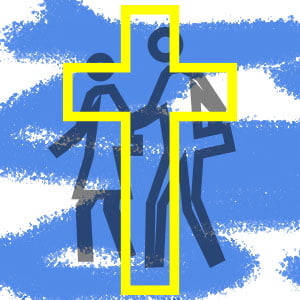7: Worship in Education – Teaching Plan
Key Thought: True worship stems from love of God and a correct knowledge of God; who He is and what He requires of us. False worship comes from not knowing God and His requirements..
November 14, 2020
A. Have a volunteer read Psalm 78:1-7.
- Ask class members to share a thought on what the most important point in this text is.

- What are “dark” sayings of old and why should they be taught to their children?
- Personal Application: What lessons were you taught from your parents that you have or want to pass on to your children? Share your thoughts.
- Case Study: One of your relatives states: “What were the specific lessons they were to teach their children, and what was the ultimate goal of this education? “ How would you respond to your relative?
B. Have a volunteer read John 4:15-24.
- Ask class members to share a short thought on what the most important point is in this passage.
- What did Jesus say to the woman about worship?
- Personal Application: How do we worship in spirit and truth? Why did Jesus tell the woman she didn’t know what she was worshipping? Share your thoughts.
- Case Study: One of your friends states, “Why did Jesus tell the woman she had five husbands and the man she was living with was not her husband?” How would you respond to your friend?
C. Have a volunteer read I Chronicles 16:25,26.
- Ask class members to share a short thought on what the main idea of this text is.
- What does it mean to worship the Lord in the beauty of holiness?
- Personal Application: Is this scene solemn and fearful, or festive and joyous? How does this help us teach and experience worship? Share your thoughts.
- Case Study: One of your neighbors states, “What is the difference between true worship and false worship? Is the way we worship important? Why does a lot of church worship seem to be dry and dull?” How would you respond to your neighbor?
D. Have a volunteer read Mark 7:7-13.
- Ask class members to share a short thought on what the main idea of this text is.
- What do we find in these verses that could apply to the danger of false teaching taken from the world that could negatively impact practicing or applying our faith?
- Personal Application: What are some current popular beliefs that clash with Scripture and how do we keep ourselves from allowing them in our educational system? Share your thoughts.
- Case Study: Think of one person who needs to hear a message from this week’s lesson. Tell the class what you plan to do this week to share with them.
(Truth that is not lived, that is not imparted, loses its life-giving power, its healing virtue. Its blessings can be retained only as it is shared.”Ministry of Healing, p. 148).
